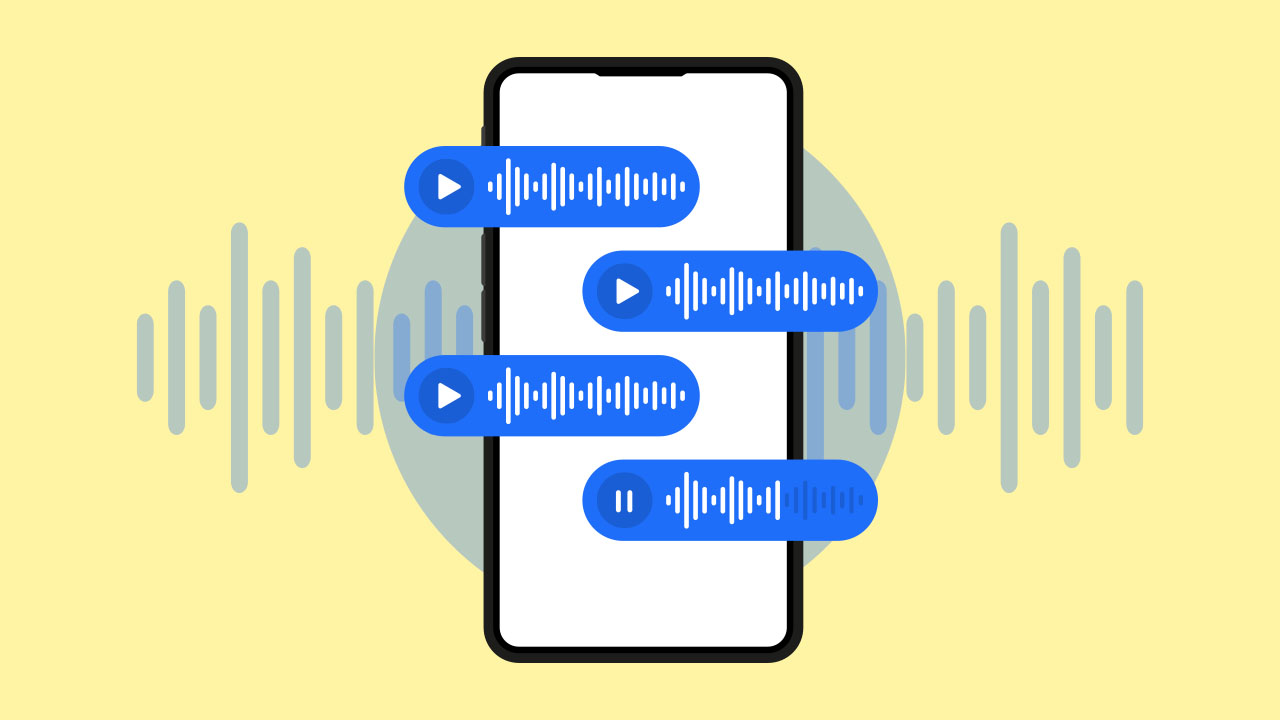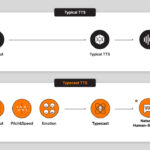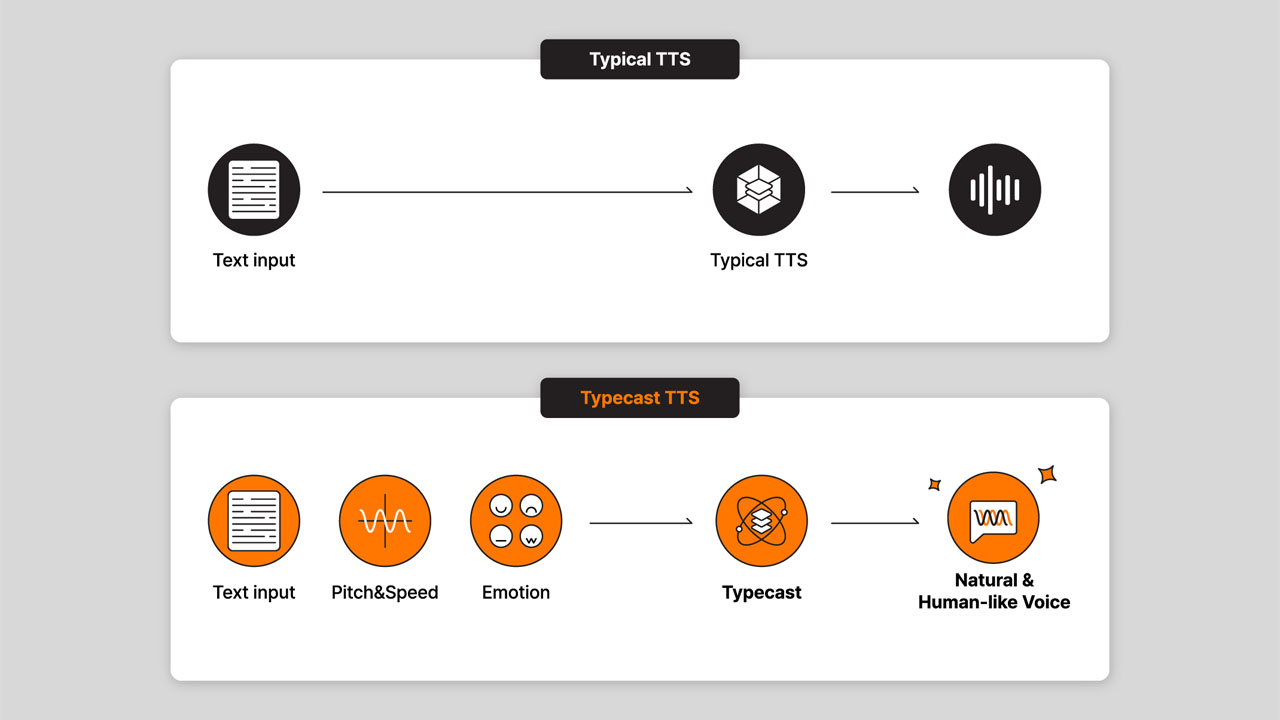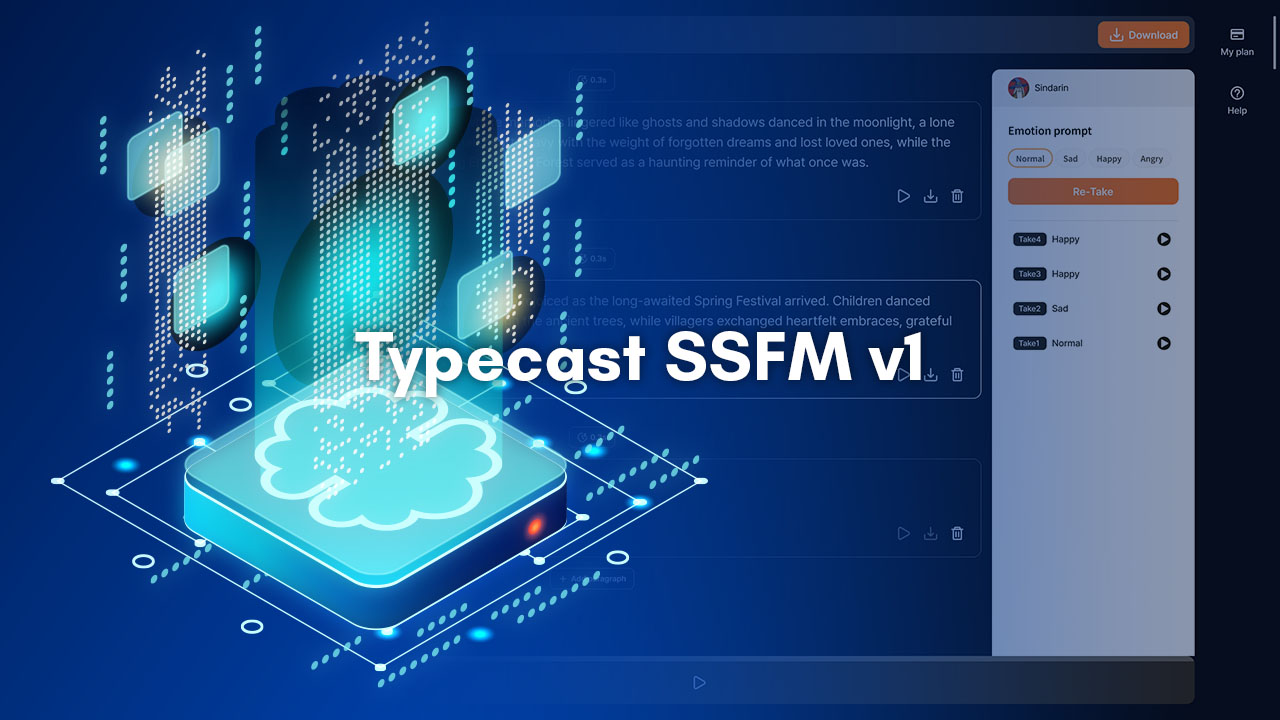This article explores the significance of integrating AI voice technology in mobile apps, delving into its historical evolution, benefits, challenges, and practical steps to seamlessly incorporate it. AI voice technology involves using artificial intelligence, natural language processing (NLP), and speech recognition to enable voice interactions between users and devices.
An interesting point to note is, 55% of consumers use voice search daily for local business information.
The integration of AI voice technology holds immense significance for mobile app developers and users alike. It enhances the user experience by offering hands-free operation, accessibility features, and personalized interactions.

The Evolution of Voice Technology
Voice technology has come a long way from its humble beginnings. Initially, voice commands were limited in functionality and often required precise enunciation.
However, advances in NLP and speech recognition have revolutionized voice interactions, making them more natural and intuitive.
Advances in Natural Language Processing (NLP) and Speech Recognition
Recent breakthroughs in natural language processing and speech recognition have enabled mobile apps to understand and interpret human language more accurately.
This has significantly improved the overall user experience, making voice interactions more conversational and user-friendly.
Impact on User Interactions
The impact of voice technology on user interactions cannot be overstated. With the ability to understand context and user preferences, AI voice technology has transformed how users engage with mobile apps. This evolution has paved the way for a more seamless and enjoyable user experience.

Benefits of AI Voice Technology in Mobile Apps
The integration of AI voice technology in mobile apps offers a multitude of benefits, collectively contributing to an enhanced user experience. Through hands-free operation and accessibility features, users can interact effortlessly with their devices.
The technology facilitates personalized experiences by understanding context, providing tailored responses, and adapting to individual preferences over time. This not only saves time with efficient voice-activated commands but also streamlines complex workflows.
- Improved User Experience
AI voice technology enables users to interact with mobile apps without touching their devices. This hands-free operation is particularly beneficial in situations where manual interaction is inconvenient or unsafe.
Voice commands make mobile apps more accessible to individuals with disabilities. Features like voice-controlled navigation and text-to-speech functionalities enhance inclusivity and usability.
- Enhanced Personalization
AI voice technology allows mobile apps to understand the context of user interactions. This enables apps to provide more relevant and personalized responses based on user preferences and behavior.
Through continuous learning algorithms, AI voice technology adapts to user preferences over time, delivering customized experiences that align with individual needs and preferences.
- Increased Efficiency
Voice commands expedite tasks, saving users time and effort. Whether sending messages, setting reminders, or searching for information, voice interactions streamline processes and enhance overall efficiency.
Integrating AI voice-over technology into mobile apps can optimize complex workflows, providing users with a more intuitive and efficient experience.

Challenges and Considerations
While the benefits are evident, developers must address several challenges and considerations to ensure a successful integration.
- Privacy Concerns
Ensuring the security and proper storage of voice data is crucial to protect user privacy. Developers must implement robust encryption and storage protocols to safeguard sensitive information.
- Consent and User Control
Maintaining transparency and obtaining user consent for voice data collection is essential. Empowering users with control over their data ensures a trustful relationship between the app and its users.
- Technical Challenges
Integrating AI voice technology may pose technical challenges, especially for developers unfamiliar with the intricacies of NLP and speech recognition. Overcoming these hurdles requires a solid understanding of the technology and its implementation.
- Compatibility with Existing Systems
Ensuring compatibility with existing systems and infrastructure is crucial for a seamless integration. Developers must assess the technical requirements and make necessary adjustments to align with the app’s current architecture.
- Addressing User Skepticism
Some users may be skeptical or hesitant about adopting voice technology. Addressing concerns and showcasing the benefits through effective communication can help build trust.
- Providing Adequate Training and Support
Implementing user-friendly training features within the app and offering comprehensive support can help users overcome any learning curve associated with voice interactions.

How to Integrate AI Voice Technology in Mobile Apps
Integrating AI voice technology into mobile apps is a transformative process that requires careful consideration and strategic implementation.
As voice interactions become increasingly integral to user experiences, developers must navigate through the selection of the right voice technology platform, design user-friendly voice interfaces, and execute comprehensive testing and optimization.
Choosing the Right Voice Technology Platform
Selecting the appropriate voice technology platform is a crucial step in integrating AI voice capabilities into mobile apps. Here are five types of voice technology platforms:
- Typecast.ai
Typecast.ai is an advanced voice technology platform that specializes in natural language processing (NLP) and AI text-to-speech solutions.
It offers developers a comprehensive set of tools and APIs to seamlessly integrate voice interactions into mobile apps. With a focus on accuracy and user experience, Typecast.ai is an excellent choice for those seeking a robust and user-friendly voice technology platform.
- Google Cloud Speech-to-Text
Google Cloud Speech-to-Text is a cloud-based platform that provides accurate and efficient speech recognition capabilities.
It is part of Google Cloud’s suite of machine learning services, offering support for multiple languages and a high level of accuracy. Developers can leverage this platform to transcribe spoken words into written text, making it a valuable tool for diverse applications.
- Microsoft Azure Speech Services
Microsoft Azure Speech Services is a comprehensive set of speech-related APIs, including speech-to-text, text-to-speech, and speech translation.
With robust features and support for various scenarios, Azure Speech Services is suitable for developers looking to integrate powerful voice capabilities into their applications. It also offers customization options to adapt to specific use cases.
- Amazon Polly
Amazon Polly, part of Amazon Web Services (AWS), is a text-to-speech (TTS) service that enables developers to convert written text into lifelike speech. It supports multiple languages and voices, allowing for a customizable and natural-sounding output.
Amazon Polly is well-suited for applications where generating dynamic and engaging voice content is essential.
- IBM Watson Speech-to-Text
IBM Watson Speech to Text is a cloud-based service that utilizes AI and machine learning to convert spoken words into written text.
Known for its high accuracy and customization capabilities, this platform is suitable for a range of applications, from transcription services to voice-controlled interfaces. IBM Watson Speech to Text also offers real-time processing for immediate results.

Designing User-Friendly Voice Interfaces
- Natural and Intuitive Voice Commands
Creating natural and intuitive voice commands ensures a smooth user experience. Developers should prioritize simplicity and clarity in voice interface design.
- Feedback Mechanisms for User Guidance
Implementing feedback mechanisms, such as voice prompts or visual cues, guides users through the voice interaction process and enhances usability.
Testing and Optimization
- User Testing for Voice Interactions
Conducting thorough user testing for voice interactions is essential to identify potential issues and optimize the user experience. Gathering feedback from real users helps refine the voice functionality.
- Continuous Improvement through Feedback
Implementing a feedback loop allows developers to improve AI voice technology within the app continuously. Regular updates and refinements based on user feedback contribute to a more polished and user-friendly experience.

Future Trends in AI Voice Technology
Anticipated advancements in AI and NLP are expected to further enhance the capabilities of voice technology, enabling more sophisticated and context-aware interactions.
The integration of AI voice technology with emerging technologies, such as augmented reality, hold the potential to create immersive and intuitive user experiences.
As AI voice technology continues to evolve, its impact on mobile app development is likely to be transformative. Developers who embrace and integrate these advancements can deliver more innovative and user-centric applications.
Conclusion
The integration of AI voice technology in mobile apps brings numerous benefits, including improved user experience, enhanced personalization, and increased efficiency.
While challenges such as privacy concerns and user acceptance exist, careful consideration and effective strategies can overcome these obstacles.
As technology continues to evolve, the prospects for AI voice technology in mobile apps are promising, and its continued evolution is inevitable.













